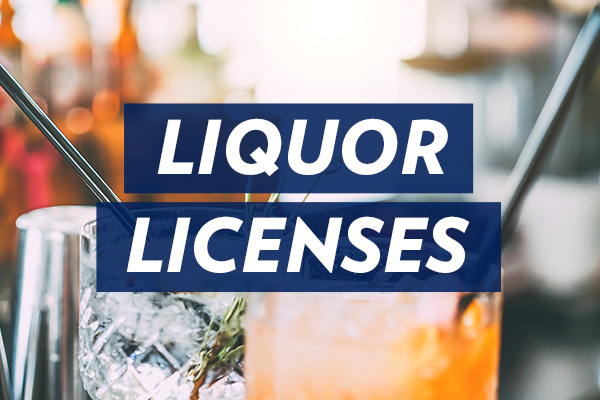Fact Sheet

PLCB is Bad for Business
The PLCB works against Pennsylvania businesses, making it more difficult to compete in the restaurant and entertainment industry that has been decimated by COVID-19.
Consider the experience of Andrew Knechel and Sean Tracy. They formed a corporation for their respective businesses, Bucks County Brewery and Hewn Spirits, but were denied a distilling and brewing license from the PLCB for six months. The PLCB’s initial justification was the ambiguous “code non-compliance.” Both men persisted and discovered Pennsylvania law dictated that the PLCB could not issue two licenses to the same address. To comply with the code, the men simply built an eight-foot wall, separating the property into two addresses.
Here are more ways this government agency harms Pennsylvania businesses.
Severely Restricts Liquor Licensing
- Liquor licenses are limited to 1 per 3,000 residents in a county. Not all restaurants that would like to serve alcohol are able to do so. A limited supply of licenses drives the cost as high as $500,000.
- As of 2014, only 18 states had quota systems for liquor licensing. Of those states, only seven had lower per capita limits than Pennsylvania.
Competes Against Pennsylvania Wineries
- The PLCB spent taxpayer dollars to create, copyright, and market its in-house brand TableLeaf. This means local producers’ own tax dollars were funding their competition.
High Prices
- Local restaurants are burdened with artificially high prices. As of 2018, the average PLCB markup on spirits was 65%, with only a 10% discount for licensees.
Special Liquor Order Failures
- The PLCB has repeatedly made it harder for businesses to sell a variety of alcohol. Small vendors rely on special liquor orders (SLO) because they don’t represent or import high-volume wines and spirits.
- Over 1,200 wine and liquor products in Pennsylvania are only available via SLO.
- In 2015, the PLCB placed a moratorium on SLOs because they were short-staffed.
- Restaurant owners sued the PLCB for over $10 million in handling fees after the organization refused to comply with 2016 law allowing delivery of wines directly from distributors.